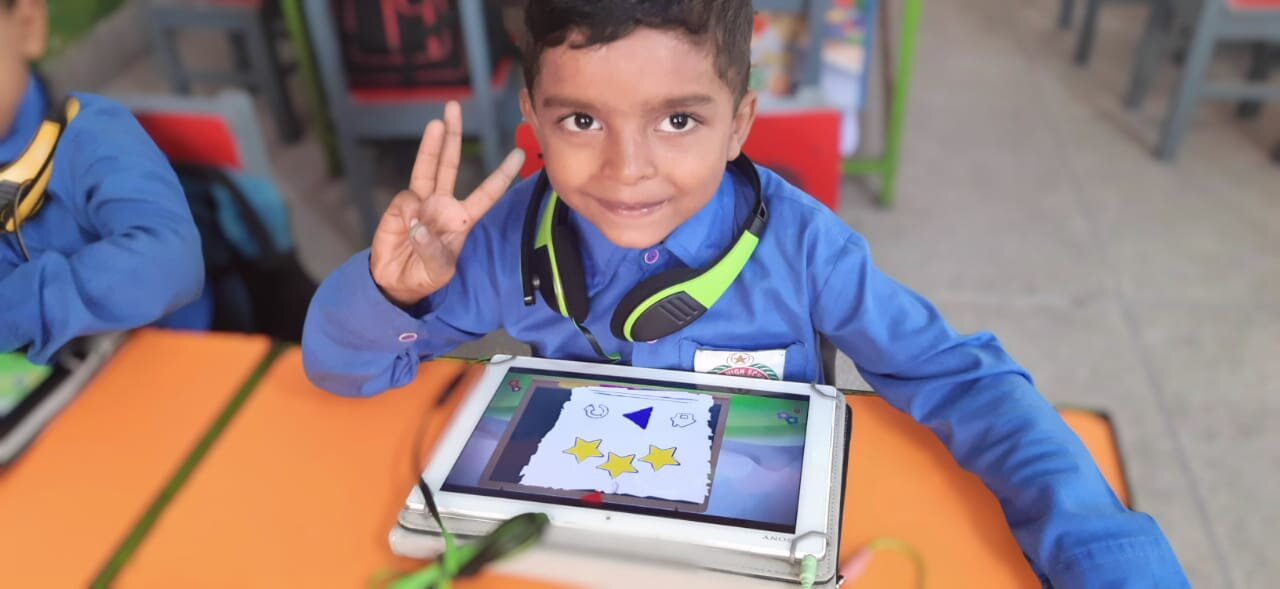In an effort to enhance the quality of education and improve monitoring in primary schools, the Punjab Human Capital Investment Project (PHCIP) has announced a large-scale distribution of 3,718 tablets to public schools across 11 districts of Punjab. The decision, which was made public on Wednesday, marks a significant step forward in integrating technology into the education system, ensuring a more streamlined and effective learning environment for young students.
The tablets will be provided to schools in the following districts:
- Lahore
- Faisalabad
- Rawalpindi
- Multan
- Gujranwala
- Bahawalpur
- Sargodha
- Dera Ghazi Khan
- Sheikhupura
- Jhang
- Muzaffargarh
The Implementation Unit of the PHCIP has already issued an official notification for the receipt and distribution of these tablets. School administrators in the targeted districts have been informed to prepare for the implementation of this technology, which is expected to play a crucial role in improving both educational outcomes and the monitoring of teaching standards.
The tablets distributed under this initiative will primarily serve the following two functions:
The main goal of the tablet distribution is to facilitate the use of the Early Childhood Education (ECE) system in schools. This technology will allow teachers and administrators to record attendance online, making the process more efficient and less prone to error.
The ECE system is designed to track the developmental progress of young children in areas like literacy, numeracy, and social skills. By using the tablets, educators will have real-time access to student data, allowing for more targeted interventions and improved academic planning.
Another key aspect of the initiative is to bolster the monitoring and evaluation (M&E) systems within these schools. School administrators will use the tablets to complete and submit monitoring reports on various aspects of school performance, including teacher attendance, lesson completion, and student progress. This will help the government track the effectiveness of educational programs and make data-driven decisions for future improvements.
The integration of tablets into the public school system is expected to have a wide-ranging impact on education in Punjab, particularly in rural and underdeveloped areas. The use of digital tools for attendance and monitoring will reduce the administrative burden on teachers, allowing them to focus more on teaching and student engagement. Additionally, the ability to access real-time data will help schools identify areas of improvement and implement timely corrective measures.
While the distribution of tablets is a step in the right direction, it also highlights the need to address the digital divide that exists in many parts of Punjab. Many students in rural areas do not have access to the internet or other digital resources at home, which can limit the effectiveness of such initiatives. To combat this, the government is also planning to improve internet connectivity in schools and provide basic digital literacy training for both students and teachers.
The Punjab Human Capital Investment Project is a government initiative focused on improving the quality of life and economic prospects for the people of Punjab. One of its key areas of focus is education, particularly in ensuring that young children receive a strong foundational education that prepares them for future success. By distributing tablets and improving monitoring systems, PHCIP aims to modernize the education sector, making it more efficient and equitable.
The distribution of tablets is part of a broader effort by the government of Punjab to integrate technology into the education system. In the coming years, the PHCIP plans to expand the program to include more schools and districts. Additionally, the government is working on developing educational apps and digital content that can be accessed through these tablets, further enhancing the learning experience for students.
The decision to distribute 3,718 tablets to primary schools across Punjab is a major step towards modernizing the education system and improving the quality of education for young students. By integrating the Early Childhood Education system and enhancing monitoring capabilities, the initiative will help ensure that schools are better equipped to meet the needs of students and provide them with the skills they need to succeed. However, to fully realize the potential of this initiative, further efforts will be needed to address the digital divide and ensure that all students, regardless of their location, have access to the necessary resources for learning in the digital age.


Leave a Comment